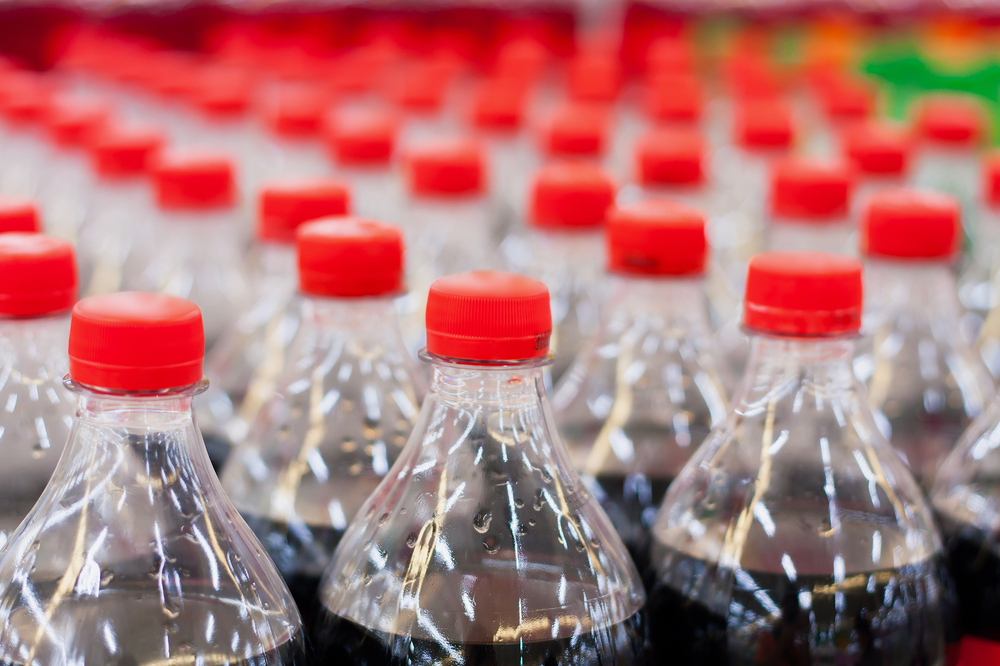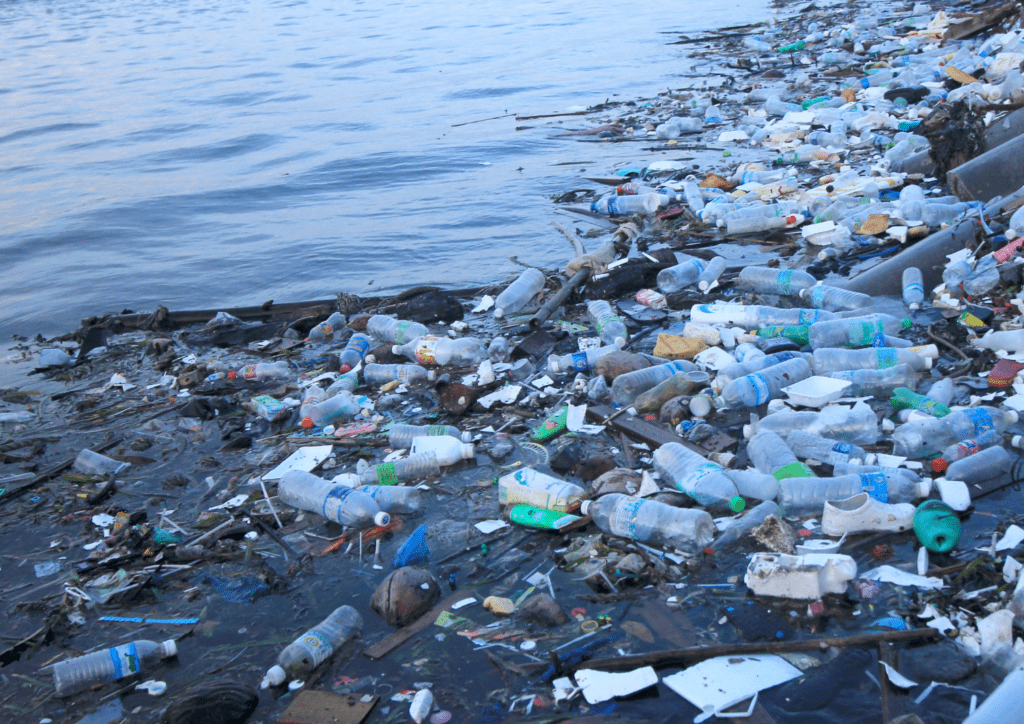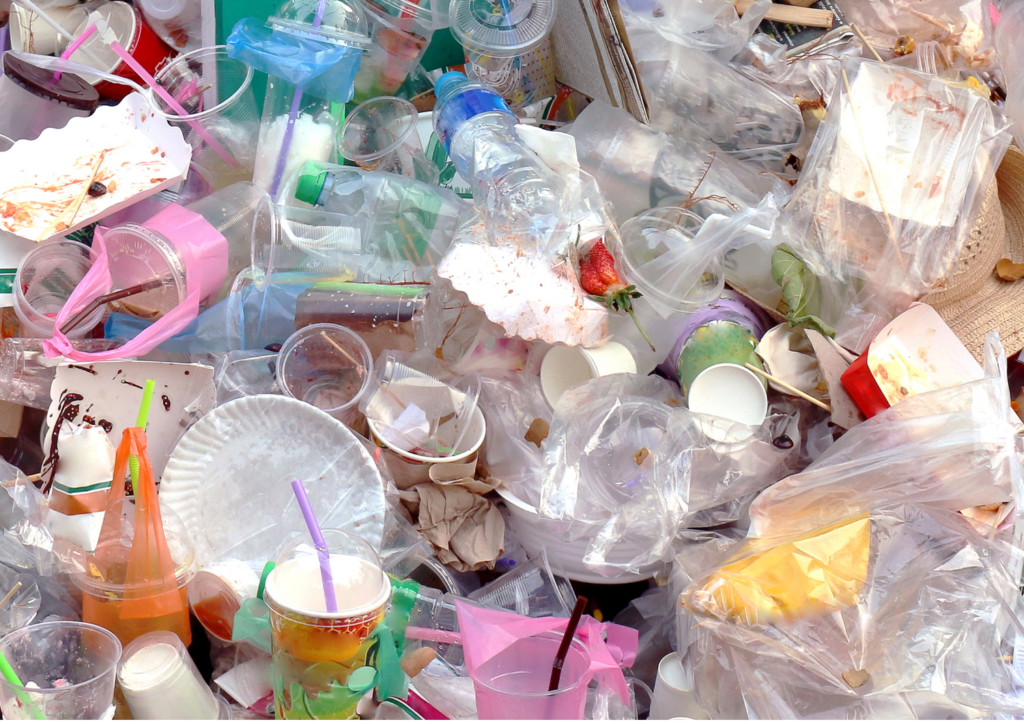Last week, Coca-Cola U.K. announced plans to double the amount of recycled plastic in their bottles from 25 to 50 per cent by 2020. Not only is the new target underwhelming (some producers already use 100 per cent recycled content), it’s a distraction from the real problem – plastic pollution choking our oceans, lakes, and landfills.

The problem is so bad that the World Bank estimates by 2050 there will be more plastic than fish in our oceans.
Big beverage companies like Coca-Cola are responsible for more than just a little bit of the plastic problem. More than 20,000 plastic bottles are sold around the world every second, adding up to an estimated 500 billion bottles every year. In 2016, less than half of those bottles were recycled. The rest were left to pile up in the environment, filling the bellies of whales, shorebirds, and other wildlife.
Plastic pollution has been getting a lot of attention in the U.K., but the story isn’t all that different here in Ontario. Ontarians purchase an estimated three billion plastic bottles every year, and similar to the global stats, only about half of them end up in the Blue Box. The rest — about 1.5 billion bottles — end up in landfills or littered in the environment.
Ontario has the lowest plastic bottle recycling rate of any province in the country, despite having near universal access to curbside recycling programs. So what’s the deal? What can we learn from other provinces that recycle way more of their bottles?
Deposit return programs are the answer. If people pay a deposit on the bottles – like Ontario already does for beer and wine – there is a financial incentive for them to bring the bottles back and redeem the deposit. And the incentives are proven to work.
Every province – except for Manitoba and Ontario – has a deposit return program for plastic beverage containers, and they all achieve much higher recycling rates.
If companies like Coca-Cola were serious about tackling plastic pollution, they’d be pushing for broader adoption of deposit return programs, and actively reducing the amount of single-use plastics they put on the market.
This move by Coca-Cola is a half-measure, and it’s more about protecting their image than about dealing with plastic pollution. But there is a lesson to be learned from their announcement: change happened because the public demanded action. We must do the same in Ontario.
If you agree that Ontario needs to step up and implement a deposit return program for plastic bottles, sign our petition asking the province to Cash It! Don’t Trash It!







